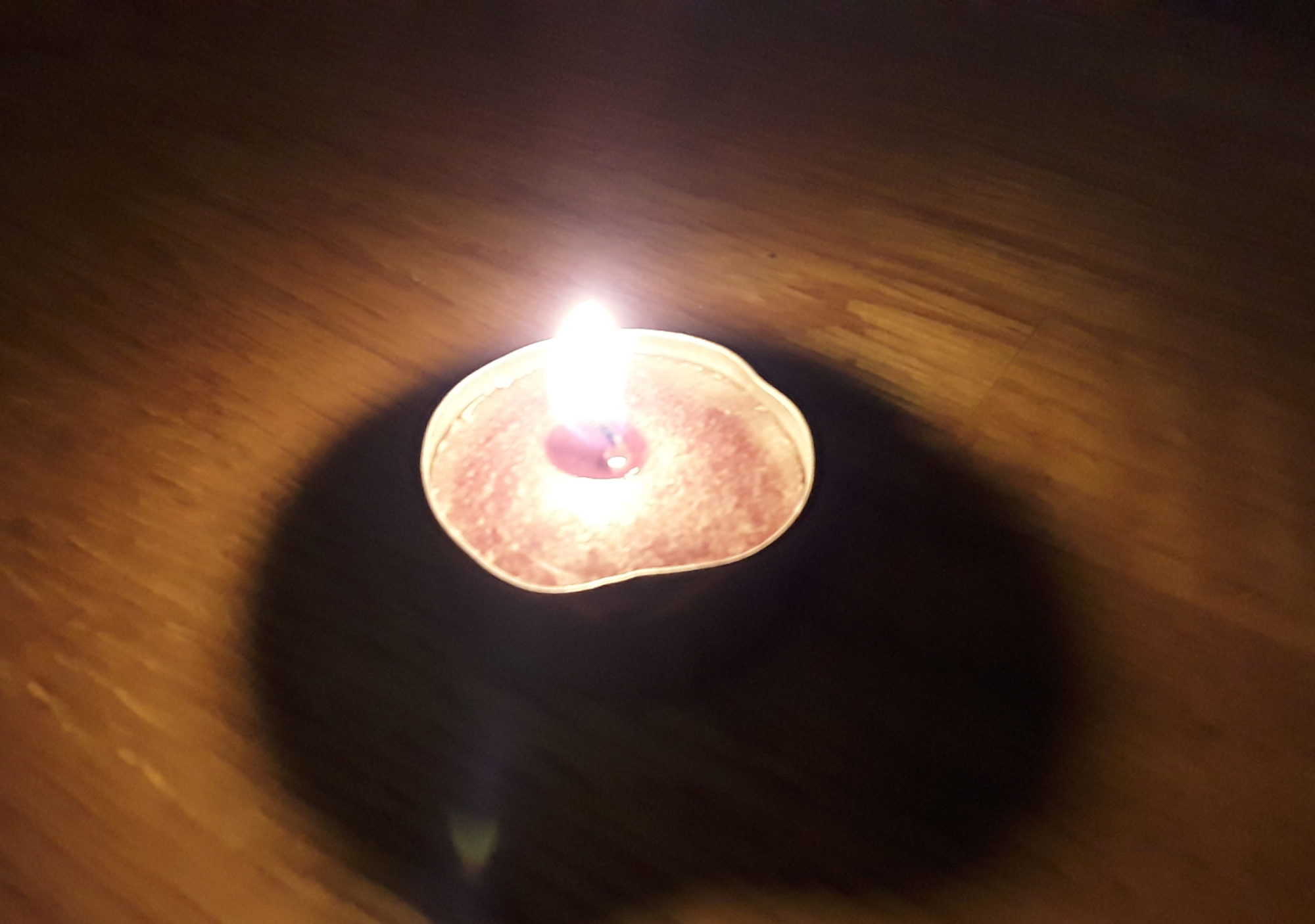Readings for Year B Proper 21
Esther 7:1-6, 9-10; 9:20-22
Psalm 24
James 5:13-20
Mark 9:38-50
A common thread in this week’s lectionary readings is community. How do we live our lives in community, over individuality? How do we consider our doubts, our fears, our vulnerabilities when we are active in our communities? Queen Esther when asked for her request to the King speaks of her people who have been marginalized. Although some may argue that Queen Esther is no longer a part of the community, as a Queen she hardly seems to be suffering in marginalization. She has not forgotten that she was part of the community. Often today it is easy for us to “move on” and choose ourselves, our individuality, our family, over the greater community. How many times have we left a church, left a social group, or left someone out of our community? Jesus always chooses community over himself. An example, of this is in the gospel reading where we find the disciples concerned about a person who is doing miracles in Jesus’ name. “But Jesus said, “Do not stop him; for no one who does a deed of power in my name will be able soon afterward to speak evil of me. Whoever is not against us is for us.” Unless one is against the community, why can they not be a part of it? If one is choosing community in place of self, they are part of the community. The details do not matter.
It reminds us that not only is the community more important than the self, but the choice of helping, of performing “a deed of power” is more important than the perfectly correct details. It is so easy for us to be caught up in the details, the legalities, the traditional roles, but we need to reach past those to the very real people in our community.
Often we emphasize what we do for our community. We sit on boards, we attend meeting and events, we, we, we… Jesus is not so focused on what we are doing, or what the disciples are doing. In this passage he is focused on dialogue, how are the disciples relating to the man performing exorcisms. How are we relating? Are we open to community? How do we act when we have doubts? Walking away isn’t participating in the community. Do we share our fears, our vulnerabilities? In the Letter of James that we heard today he is addressing our concerns of suffering, cheerfulness, and sickness. James is encouraging the community to reach out to God in prayer or praise, whatever we are feeling. For sickness he advocates reaching out to the elders, in our day our physicians, doctors, ministers… If we do not believe there is help for us, and we do not seek it we will not find it. Therefore it is important to believe that there is help out there, and to seek it so it can be found.
There is a meme that occasionally circles the internet (you may have seen it), it shows two kids watching a sports game. In the first block they are both standing on the ground: one can see, one can not. It reads fairness. In the second block the shorter person who can not see is now standing on a box so that he can see too. This is termed equality. Like in this meme we need to look beyond the abstract to the very real person who is unable participate. More recently there has actually been a third block added in which the fence is removed and a third person in a wheel chair can also watch the game. This is title “justice”. When we move beyond being correct or fair (like the disciples), and we move beyond being equal (our vulnerabilities of being different or perceived as weak in our community), and seek justice, maybe then, but only then, will we find justice.
Recommended Children’s Resources
“Counting on Community” by Innosanto Nagara
“God In Between” by Sandy Eisenberg Sasso
